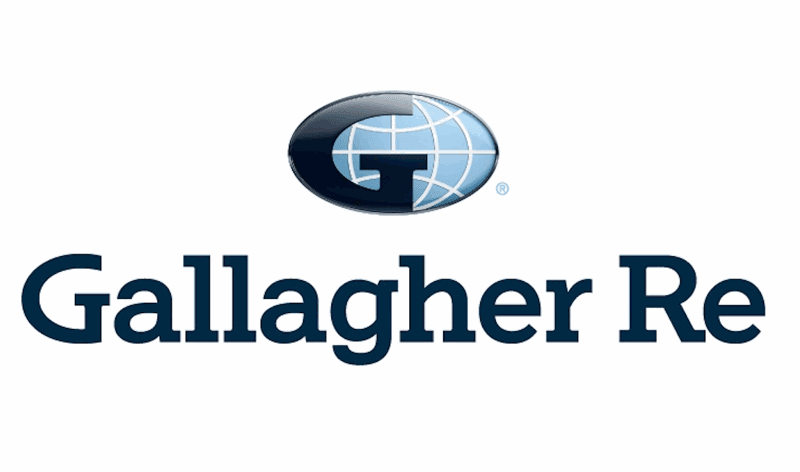Derivatives & parametrics in scope for Gallagher Re – Senegal climate risk work

Reinsurance broker Gallagher Re has announced an interesting win, in being selected by Senegal’s Public Solidarity Fund (FSN, Fonds de Solidarité Nationale) to develop a comprehensive risk financing strategy, covering climate risk and food security.
Senegal’s Public Solidarity Fund is a national authority that delivers financial assistance to populations in the aftermath of crises and disaster shocks.
The work will develop a strategy that defines an optimal use of public funds and private capital sources, to provide better support and assistance to vulnerable communities after disasters or crises.
At the heart of this effort, will be a focus on channelling capital to the people that needed in the fastest and most efficient ways possible.
Food security is a serious issue, exacerbated by regional drought and the war in Ukraine causing reductions in wheat imports for Senegal.
As a result, Gallagher Re said that “prompt action and ambitious, at-scale implementation plans” are required, as well as “innovative solutions, which make targeted use of public funding whilst leveraging private markets expertise and sovereign de-risking products.”
Reinsurance broker Gallagher Re’s Public Sector & Climate Resilience Solutions practice will work with Senegal’s FSN to develop a holistic risk financing strategy.
The strategy will prioritise perils and target beneficiaries, while also exploring the use of sophisticated de-risking mechanisms, such as derivative and parametric products where most relevant, Gallagher Re explained.
Leveraging responsive risk transfer tools, alongside efficient risk capital, will be important here, to help Senegal’s FSN structure its own capital disbursement methodologies to respond to disaster and crises effects, across climate related perils.
Longer-term, Gallagher Re will seek to equip the FSN with “the right financing instruments, triggering adequate compensations to affected populations through the right distribution channels, in full transparency and at the right time,” the reinsurance broker said.
Mamadou Ndao, Director of the FSN, said, “We are very pleased to be teaming up with Gallagher Re during this critical early stage of our development. Their highly specialised knowledge and international experience in practical operationalisation of similar public funds will be of tremendous value to us and we look forward to laying out together the various building blocks of societal and financial resilience in Senegal for the years to come.”
Antoine Bavandi, Global Head of Public Sector, Parametric & Climate Resilience Solutions at Gallagher Re, added, “We are deeply honoured to begin this journey with the FSN and to support its critical mission. We look forward to leveraging our core expertise on topics spanning public-private partnerships, climate and systemic risk modelling, financial analytics and product structuring. In the current political and climate context, we aim to offer comprehensive resilience solutions to a broad range of interconnected risks and global threats. We very much welcome President Sall’s vision and the FSN’s bold development plans, which could pave the way to further deployments across the region as well.”
Natalie van de Coolwijk, Regional Director, Middle East & Africa at Gallagher Re, further explained, “The risk environment has changed dramatically over the last few years, leaving economies and communities, particularly in West Africa, vulnerable and exposed. It is a privilege for Gallagher Re to support ground-breaking initiatives, such as Senegal’s Public Solidarity Fund, aimed at changing this narrative. Our goal is to deliver financial stability and sustainability to our clients and stakeholders through the provision of comprehensive, relevant and impactful solutions, from analytics and modelling to product structuring and risk financing. With global threats and interconnected risks on the rise, we will be better equipped to face the future, together.”
Integrating risk transfer tools, such as parametric triggers and capital market structures like derivatives, into programs that seek to provide more responsive funding in the event of climate disasters and food security crises looks set to increasingly move up the agenda and is becoming better-understood as an opportunity for existing disaster funding mechanisms, such as Senegal’s FSN.






